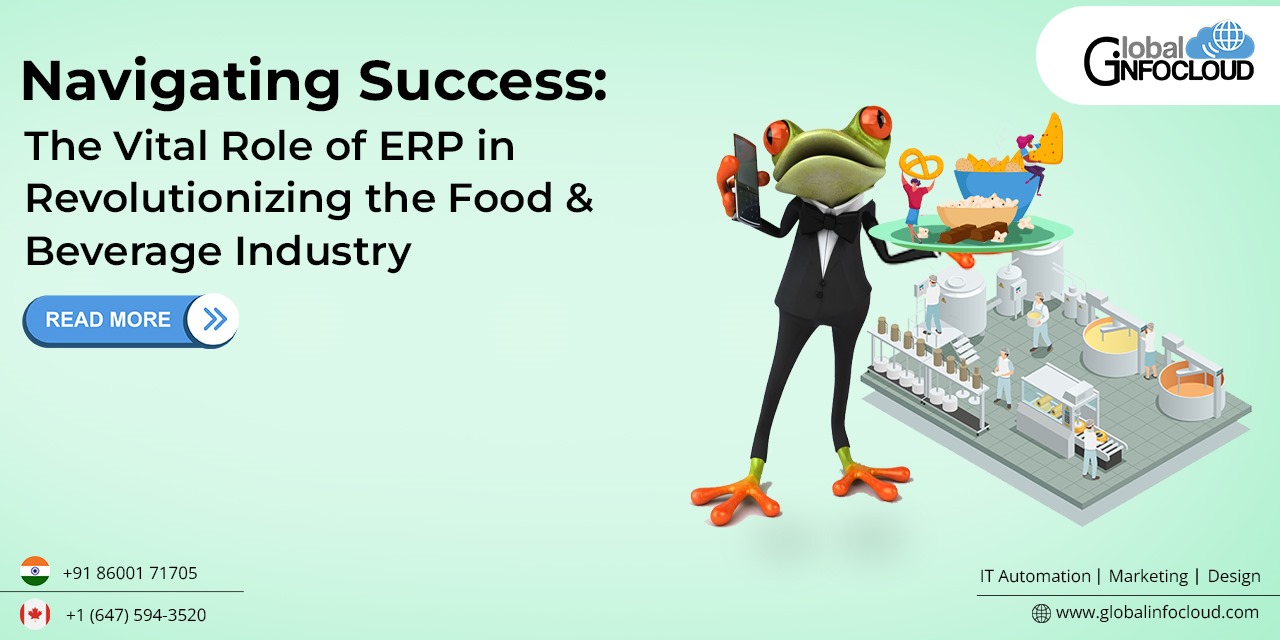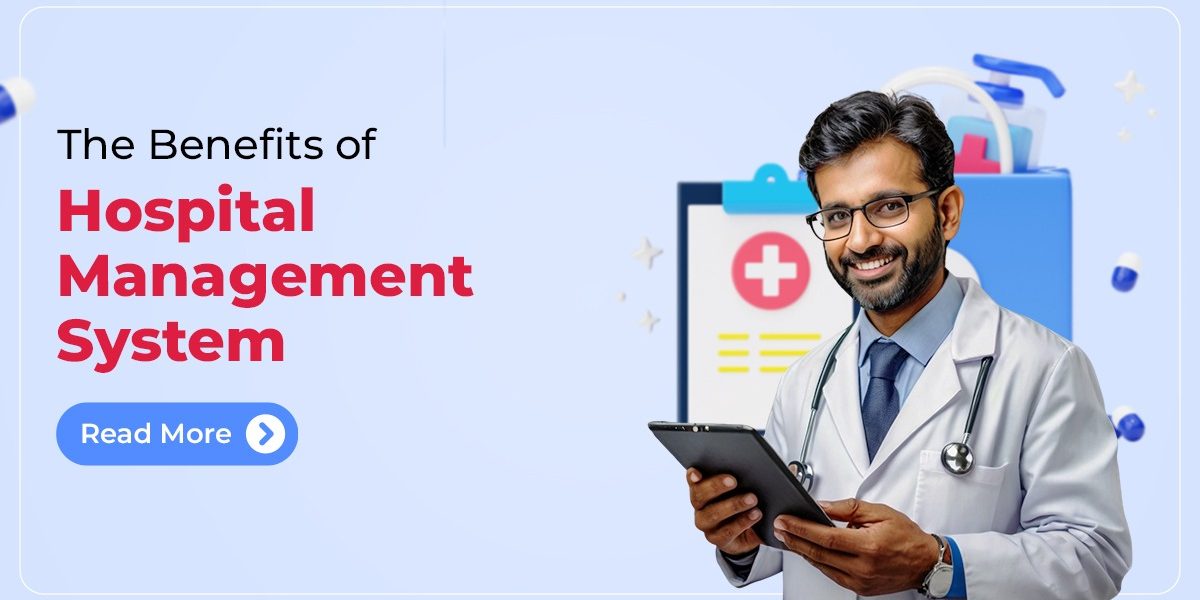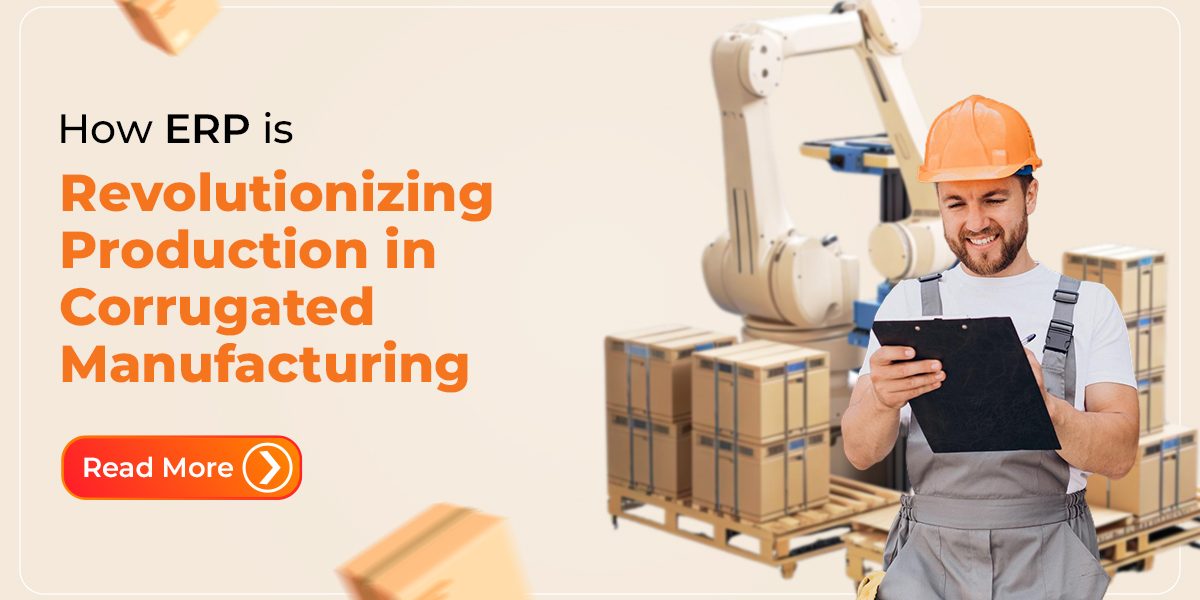Staying ahead of the competition in food and beverage (F&B) industry is a constant struggle. F&B companies deal with several challenges, from maintaining quality control to managing supply chains. These challenges can be overcome by technological integration. Enterprise Resource Planning (ERP), one of the technological advancements, has become crucial in transforming F&B businesses.
Understanding the Workflow of F&B Industry
Understanding the F&B Industry Landscape is crucial before exploring the use of ERP systems. A broad spectrum of companies are included in this industry, such as producers, manufacturers, distributors, and retailers. Everybody in the sector, from small-scale artisanal bakeries to large food conglomerates, suffers the same obstacles:
Supply Chain Management: –Arranges supply of ingredients, raw materials, and completed goods that maximises savings and preserves efficiency.
Quality Check: –Managing food safety issues, upholding legal requirements, and guaranteeing uniform quality across batches are all part of quality control.
Inventory Management: – It is the process of maximising profitability and minimising waste by managing inventory levels to avoid stock outs or overstocking.
Compliance: –Manoeuvring through a complicated web of rules and specifications for compliance, such as legislation governing labelling, environmental standards, and food safety.
Customer Demand: –Quickly adapting to shifting dietary trends, customer preferences, and market conditions.
The Role of GIC’s ERP in Addressing Industry Challenges:
Global Infocloud Pvt Ltd supports the business ecosystem by offering advanced ERP systems for different industries, including F&B. GIC’s ERP systems are all-inclusive, integrated platforms to increase departmental operational efficiency and optimise corporate processes. ERP solutions are essential for addressing the following issues in the F&B sector:
Simplified Supply Chain Management: – Our ERP systems give businesses complete supply chain visibility, making it possible for them to manage orders, keep track of inventories, and communicate with suppliers instantly. ERP software helps food and beverage (F&B) organisations optimise their supply chain operations, save lead times, and minimise interruptions by automating processes like procurement and logistics.
Enhanced Quality Control: –GIC’s ERP systems enable F&B businesses to impose stringent quality control procedures throughout production processes since they include integrated quality management modules. ERP software helps companies to monitor quality metrics, discover faults, and quickly take remedial actions, from raw material inspection to finished product testing. It preserves customer trust and brand reputation and guarantees adherence to legal requirements.
Effective Inventory Management: – With efficient ERP system, F&B enterprises can watch stock movements, estimate demand more precisely, and optimise inventory levels with the advanced inventory management functions. GIC’s ERP software minimises excess inventory, lowers carrying costs, and prevents stock outs, which help firms increase overall profitability. Features like demand planning, just-in-time inventory, and batch tracking are just a few examples of how it does this.
Compliance and Traceability: –ERP systems are essential for guaranteeing compliance with food safety standards and other regulations in a sector where conformity with regulations is critical. ERP software assists F&B companies in demonstrating compliance during audits and recalls, reducing legal risks, and safeguarding brand integrity by enabling traceability across the supply chain and preserving thorough records.
Data-Driven Decision Making: –ERP systems’ capacity to produce useful insights from massive volumes of data is one of its biggest benefits. ERP software from GIC gives food and beverage businesses the ability to make well-informed decisions about pricing, resource allocation, and production planning by combining data from several sources and offering sophisticated analytics tools. Companies may maintain their agility and responsiveness in the face of shifting market conditions by using this data-driven approach, giving them a competitive advantage.
Conclusion
One of the most crucial advantages of ERP systems is their ability to provide actionable insights from enormous amounts of data. GIC’s ERP software combines data from several sources and provides advanced analytics tools to enable food and beverage organisations to make well-informed decisions regarding pricing, resource allocation, and production planning. By employing this data-driven strategy, businesses can stay flexible and adaptable to changing market conditions, providing them a competitive edge.




